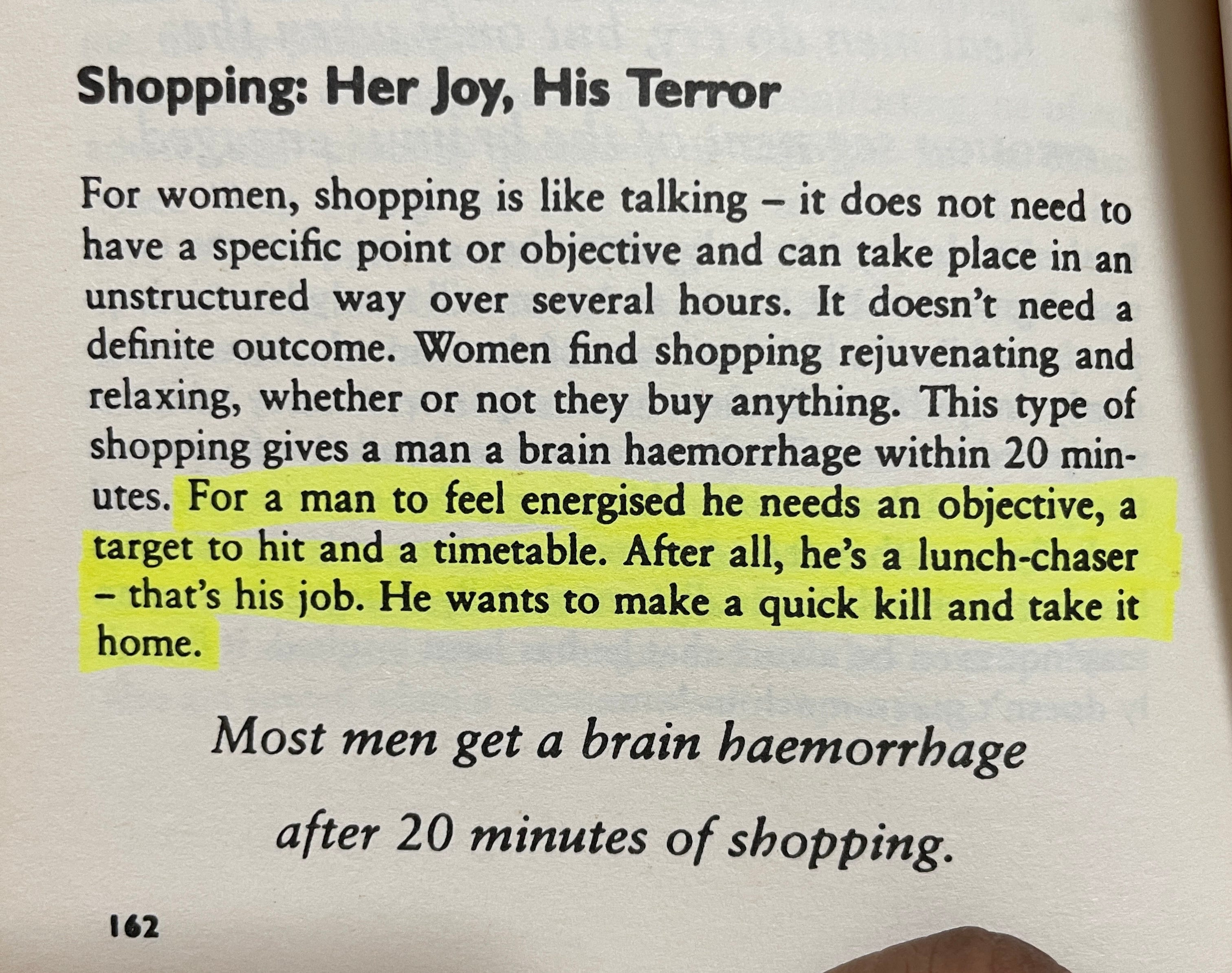
There are many fascinating facts about human bodies, regardless of whether you're an expert or a layperson. There are thousands of biological systems in the human body, and each is designed to perform a specific task. The human body is an amazing place. You can find out about the skeletal structure, the circulatory and digestive systems, to name just a few.
The human body is made up of about 7,000,000,000,000,000,000,000,000,000 (7-octillion) atoms. These atoms are the result of 13 billion years old Big Bang. It is estimated that the microbial biome of the human body is 39 trillion cells.
Teeth are part of the skeletal system. Adult teeth have 32 teeth. Teeth are not considered as bones, but they make up part of the skeletal systems. Enamel, the hardest substance in the body, is what makes teeth.

Adult human hearts beat approximately 36,500,000x per year. An adult's average blood supply is five liters. An adult bladder can hold between 16 and 24 ounces of urine. Most people draw the same size lungs. The surface area in adult human lung is approximately 70 square meters.
More than 600 skeletal muscles make up the human body. Each muscle works in pairs. There are also muscles that pull differently. The human body contains 20 tons force. The heart is the only muscle of the body that doesn't fatigue. The eye is made up of 2 million different parts and can distinguish 10,000,000 colors.
25 million cells are created every second by the human body. It produces enough heat in 30 seconds to boil half a gallon worth of water. It produces heat that aids in digestion. This heat is used to keep the body at homeostasis. The heart can pump enough blood to reach 30 feet.
The human body is home to 100,000 miles of blood vessels. The circulatory system includes the heart, arteries veins, capillaries, and veins. It circulates oxygen, carbon dioxide and nutrients throughout the body. It also removes waste from the body. The kidneys filter out two quarters of the waste from the body.

The human nose can distinguish between 50,000 smells. It can also produce enough electricity to light up a lightbulb. The human eye can see ultraviolet light.
The brain is the largest organ of the body. It contains 100 billion nerve cells. The adult brain uses more oxygen than the rest of the body. Without oxygen, the brain can live for five to ten minutes. The adult human brain weighs in at three pounds. It consumes about 20% more oxygen than the rest of our bodies. It also has more nerve cell than the Encyclopedia Britannica. The brain generates far more electrical impulses daily than all the phones in the world.
Over 500 functions are part of the human body. Some of these functions are digestion, filtering, and breathing. The liver is often referred to as the "chemical factory of the body".
FAQ
Here are 5 fascinating facts about the liver
The liver is responsible in breaking down toxins, storing vitamins and mineral, and for regulating blood pressure. It also regulates blood pressure, and maintains our body's temperature.
Is it not often that we hear people say "I feel sluggish today" and "my head feels heavier?" These symptoms could be signs of liver problems.
Common signs include yellowing skin, dark urine, fatigue, nausea and vomiting, weight loss, stomach cramps (yellow coloration), itching, and jaundice (yellow colouration). These aren’t the only warning signs. If you feel any of these warning signs, consult your doctor immediately.
The liver, an essential organ, is vital. It is an important organ that plays a vital role in detoxification.
-
An adult liver weighs around 1,400 grams.
-
The size of a baby's liver at birth is approximately half that of an adult. It grows to be about four times bigger by age three than an infant's.
-
The liver is located just below the rib cage on the left side of the abdomen.
-
The liver is divided into 16 major lobes. However, there are many smaller lobules that are within these lobes.
-
Red blood cells make up approximately 10 million of the liver's total.
What are the darkest secrets of Hollywood?
Hollywood is full of secret societies. Many secret societies are cult-like and follow rigid rules. Others are just clubs for people with common interests.
But there are also more nefarious organizations that control much of the industry. These include companies such as the MPAA (Motion Picture Association of America), which sets film ratings, and the RIAA (Recording Industry Association of America), which sets music licensing fees.
Numerous unions, guilds, and associations represent actors, writers, producers, editors, and other creative professionals. Most major movie studios and television networks are owned by large corporations which own these various organizations.
The fact is that regardless of how secretive any group may be, someone somewhere knows exactly who they are. We shouldn't fear these people.
Instead, embrace them. Because they help us make better choices.
They also tell us about the movies that are most likely to succeed and which songs are most popular.
In short, they help us decide what we'll buy, watch, read, and listen to.
Because we can trust them, we can ignore their advice when it conflicts with our tastes.
And because we've chosen to ignore them, they become even more powerful. They are the ultimate arbiters and judges of taste.
They can be ignored if you don’t like what they have to say.
Let's now look at some lesser-known, but still very real Hollywood secret organizations.
And you'll understand why they're so crucial.
Is there an Hollywood blacklist?
There is a Hollywood blacklist.
The list isn’t available for public viewing. According to our knowledge, the names of these people aren't known. This is why it matters.
The reason for the secrecy is that the blacklisted actors and directors wouldn't be able to find jobs. They would go out of business which would mean that studios would lose their money. This would mean that they would cut back on movie production. That would reduce the opportunities for blacklisted filmmakers. They would then go bankrupt.
This could eventually lead to more victims.
If someone attempts to make an Oscar-winning movie, they may be asked to sign a contract stating that they will not speak out against their employers. The same goes for any director or producer who wants to get nominated for an award.
It's no surprise that directors are often forced to take out scenes in their films by producers. Directors might threaten to leave projects that don't reflect their vision.
This is why there is a Hollywood blacklist. You'll likely become unemployed if you say bad things about your employer. It's not good for anyone.
Many people have been wrongly accused. And they've had to fight to clear their name.
This is unacceptable behavior and must be stopped. It is essential that everyone has the freedom to express their opinions.
We need to get rid of Hollywood's blacklist.
Do you wonder how much trash is produced each day across the globe?
According to the United Nations, the average person produces over 2.5 pounds of daily waste.That adds up to over 25 billion pounds of garbage per year!
Most of the trash ends up at incinerators and landfills. But, what happens to those dumpsters? It goes to the United States, where most of it is exported. It then gets dumped in foreign countries, polluting their ecosystems. However, now we know where all that trash goes. Mike Sexton is his nickname. He runs Waste Watchers, a company that monitors the movements of trucks carrying trash all across North America. Then he reports back to us about what happens next.
Sexton claims he is very satisfied with his job. CNN's Sexton said, "We have a lot to enjoy." "We see big rigs coming through town and we'll follow them. "Sexton began following truckers almost 20 year ago.
He said, "I fell in love with it."
His favorite story is about a driver that pulled into an abandoned gas station just outside Los Angeles. Sexton said that the man was searching for a place to store his stuff. "He drove down the road to see this building. So he pulled over and went inside. "There were two enormous roll-off containers filled with stuff. He took out everything and began to fill up the truck. He then looked around and decided to load everything. There were lots of old tires, rags furniture, mattresses, mattresses, cans, cans, and other items. "It was just a total mess. But it was cleaned out before he came. There wasn't any trash."
This is the reason why it happened. It's because this area used to be a recycle center. People would drive from all over the country to recycle their trash. "They'd bring their household items and take them to this building," Sexton explained.And after they finished, they would leave the empty containers behind.
This could happen hundreds of time per week. It can happen hundreds of time per week. Eventually, the truck is so full of junk it stops running. The truck eventually stops running and the owner decides that it is time to get rid of the vehicle.
However, trash is not the only problem on our planet.
Most of these particles are made up of tiny pieces of plastic.Some of these plastics end up in landfills or incinerators. Some are washed into rivers and oceans. Others end up with fish in their stomachs.
Experts warn that if there is no change, the world could soon be facing a food shortage. Experts warn, "If you keep going like you're going," we could soon face a global food shortage. But most people don't seem to be worried, even though scientists are unanimous in warning us that the world is heading towards disaster.
Statistics
- The average human adult male heart rate is between 70 and 72 beats per minute, while the average for adult women is between 78 and 82 beats, which is significantly faster, according to 2014 published in the Journal of Clinical and Diagnostic Research. (romper.com)
- Your mouth makes a lot of saliva every day It might seem like way too much, but your salivary glands typically produce anywhere from 0.5 and 1.5 liters a day, according to a 2009 study published in the Journal of Medicine and Life. (romper.com)
- You spend about 10% of your time awake blinking (romper.com)
- In one 2014 study published in the Archives of Medical Science that sought to study the prevalence of these mites, research showed that 41% of the people had them hanging out in their eyelashes. (romper.com)
- It might not sound like something that's truly plausible — and it is quite rare — but according to a 2015 study published in the Asian Cardiovascular & Thoracic Annals, it's possible to hurt yourself and even break a rib just by sneezing. (romper.com)
External Links
How To
Hollywood Actors With Dark Past
We've all heard stories about actors who had dark pasts, even though we may never know for sure because we can't go back in time and ask them directly. It's possible to find out more about these actors' lives by not digging too deeply.
Internet is a fantastic tool for finding information regarding famous people. You can learn fascinating facts and read about the lives of famous people.
For example, let's say you're curious about Samuel L. Jackson's childhood. If you type his name into Google, you'll probably come across a website called "SamuelLJacksonChildhood." This site contains pictures of him when he was young, articles about his upbringing, and even a biography.
While this information may seem dull, it can help you connect better with Samuel L. Jackson. It is possible that you will be shocked to find out that Jackson grew in a tough neighborhood and was successful after overcoming all odds.
Perhaps you feel inspired to overcome your challenges, or maybe you learn that Samuel L. Jackson is currently working on a movie about his life. You can connect with Samuel L. Jackson through personal experiences.
These websites are just a few of many. These websites can be used to find out more about famous people. You might be surprised by some of the facts you uncover!